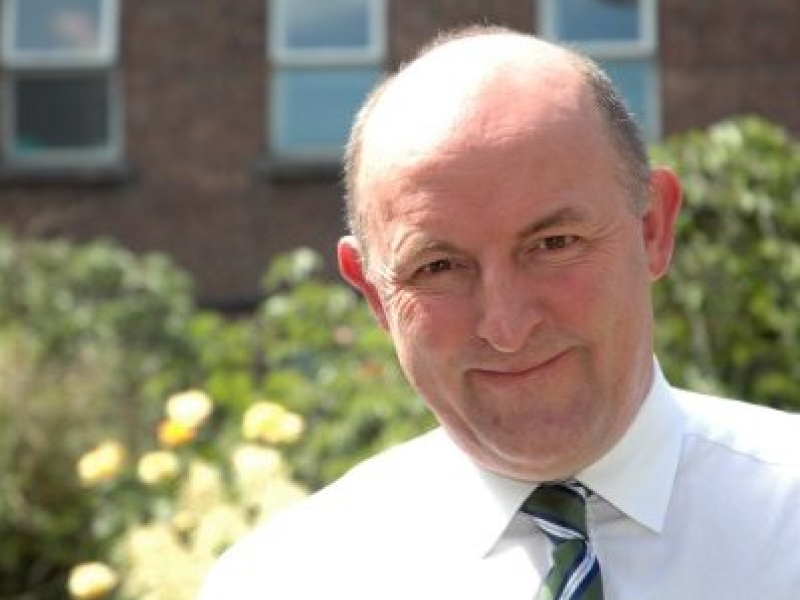Research Outlook with Prof Gareth Evans
09 April 2019
Research Outlook with Prof Gareth Evans
Prof Gareth Evans is the Chair of the Medical Advisory Board of Nerve Tumours UK, and has an established international reputation in the treatment and research of Neurofibromatosis. Here he gives a brief overview of the current research landscape for NF.
There is very little funded research in the UK – the research in the UK which is published is rarely fully funded. We are reliant for the most part on developments in the US, which is underpinned by around $15m a year in grants from the US Department of Defense.
The most hopeful developments are in drug treatments, MEK Inhibitors for NF1, and Avastin for NF2 (each described below). I am hopeful that these drug treatments will become mainstays in UK treatment.
NF2: Avastin
Extract from Addenbrooke’s Hospital, Cambridge:
Avastin is a type of drug treatment known as antiangiogenic therapy. It works by blocking signals made by tumours that cause blood vessels to grow in their vicinity. Without the
support of blood vessels, the tumour lacks nutrients and oxygen needed to grow. The NHS national programme for Avastin therapy for NF2 patients has been running since 2010. The
latest evaluation shows that in 90% of patients the tumour either shrinks or stops growing and hearing function either stabilises or improves in 86% of patients.
Extract from Oxford University Hospitals’ information guide:
Avastin is given to people with NF2 when a schwannoma has grown by a specific amount or more over the previous year. The schwannoma will be measured by looking at and comparing
MRI scans over the course of a year. Evidence suggests that Avastin is more effective in faster growing tumours. National guidelines state that patients need to have schwannomas that meet the specific growth rate criteria for them to be considered for treatment with Avastin.
Avastin is given for the treatment of NF2 initially for six months, with three monthly MRI scans and clinic reviews. If a tumour starts to grow despite having Avastin treatment, then the drug will be stopped. The drug will also be stopped if you suffer significant side effects.
– Prof Gareth Evans"The latest evaluation shows that in 90% of patients the tumour either shrinks or stops growing"
NF1: MEK Inhibitors
Neurofibromin is the protein which is downstream of the NF1 gene, and suppresses the proliferation of
tumours. It is its absence that causes tumours for people with NF1. The way that MEK Inhibitors work has been helpfully described by Dr Annette Bakker, President and Chief Scientific Officer of the Children’s Tumor Foundation, in the US. She uses the analogy of an unruly classroom, where neurofibromin is the teacher who normally keeps control, but is absent. MEK is the naughtiest child in the class, who causes most of the trouble in the absence of the teacher. The MEK Inhibitor drug keeps that naughty child under control.
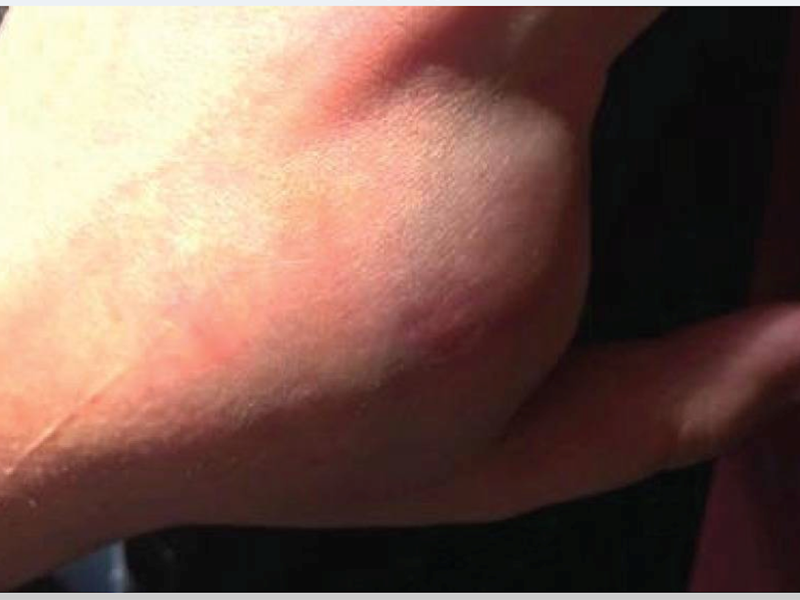
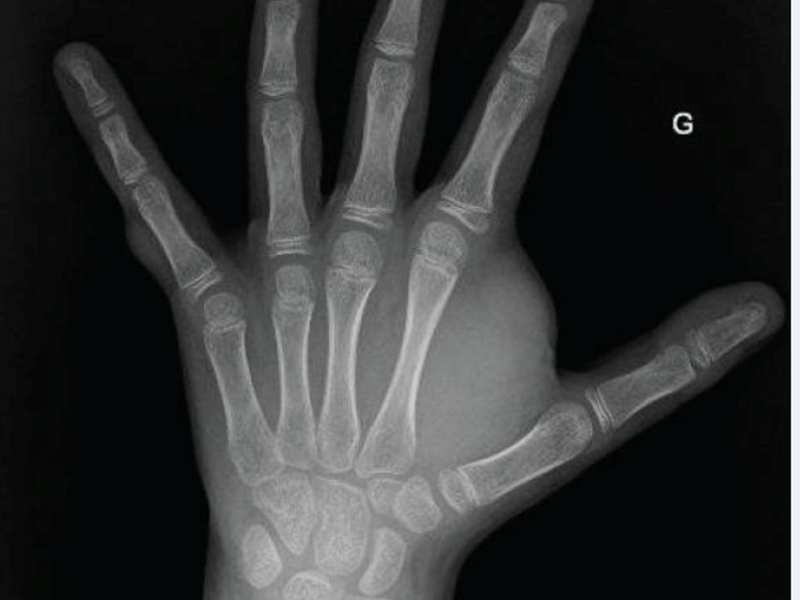
Subcutaneous neurofibroma (left hand): X-ray and photograph
A study by French researchers reported in ecancermedicalscience, showed dramatic results in a 12-year-old boy with NF1, who was finding walking impossible, and suffering increased pain in his hand (see images on the right). Within a week of beginning treatment with a MEK Inhibitor, Trametinib, he was walking again, and the pain had disappeared. These results were sustained, and after a year, he no longer needed to take the drug.
MEK Inhibitors are currently undergoing clinical trials in the US, and are showing similarly ‘spectacular’ results. The Children’s Tumor Foundation are hopeful they will soon be approved
for patient treatment.
– Prof Gareth Evans"Within a week of beginning treatment with a MEK Inhibitor, Trametinib, he was walking again, and the pain had disappeared."
Filter News
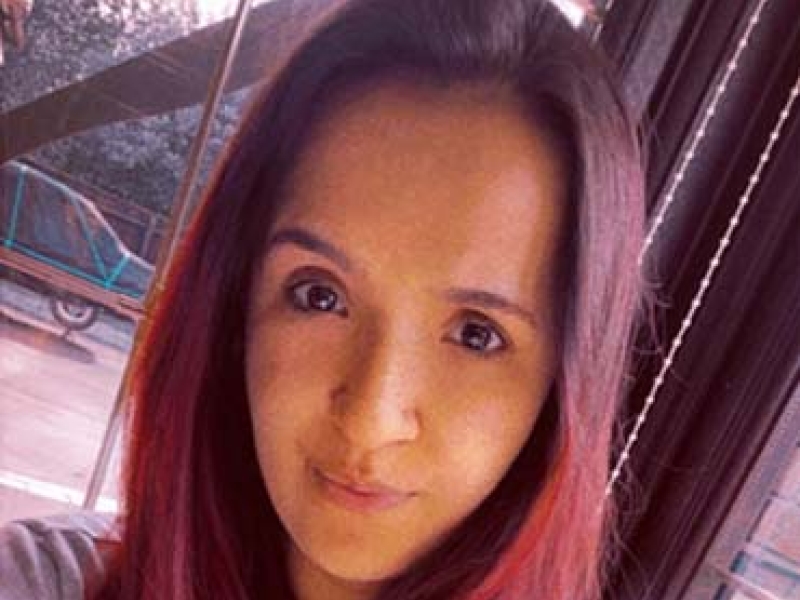
Nicole’s NF1 story & skydive
Nicole shares her NF1 journey and her motivation to inspire children with disabilities to achieve whatever they want to do
Read More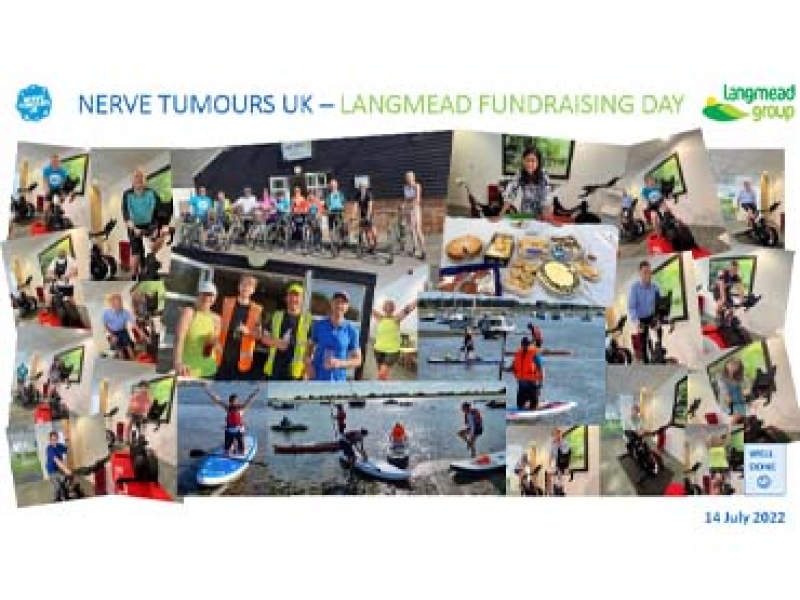
Sarah’s NF1 story & Langmead fundraising
Sarah describes her daughter Hannah's NF1 journey and organising a corporate charity day fundraiser at Langmead Herbs
Read More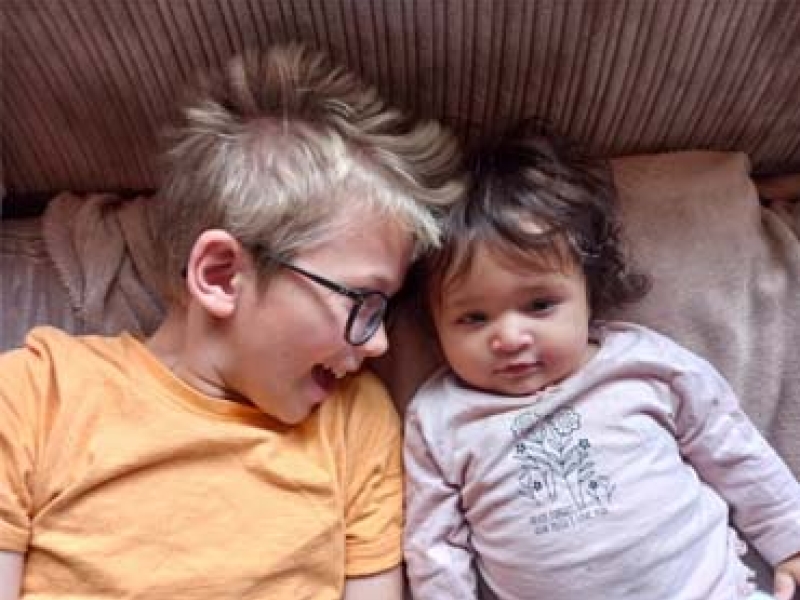
Molly & Alfie
Mollie has NF1 - her big brother Alfie & friend Kaelan are running to raise awareness & funds for NTUK
Read More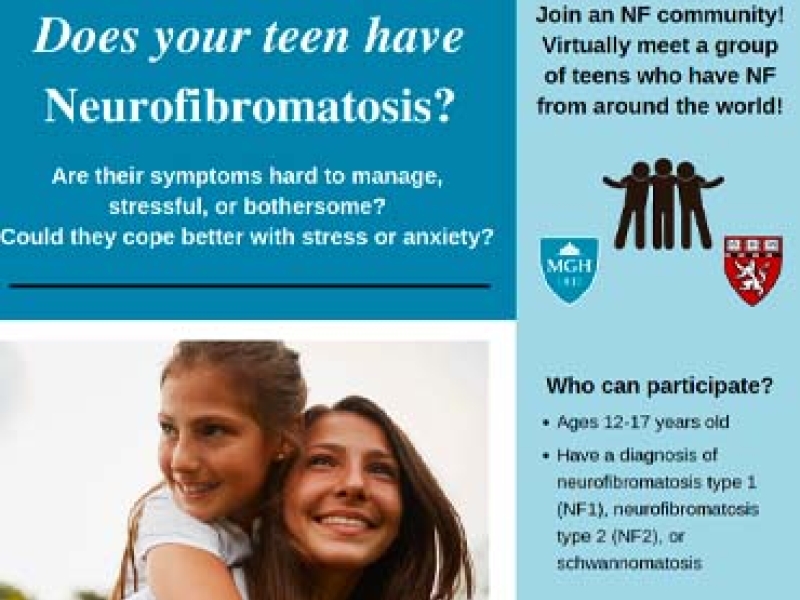
Study - Resilient Youth with NF
Adolescents with NF (12-17 years old) are wanted for an Online Harvard research project
Read More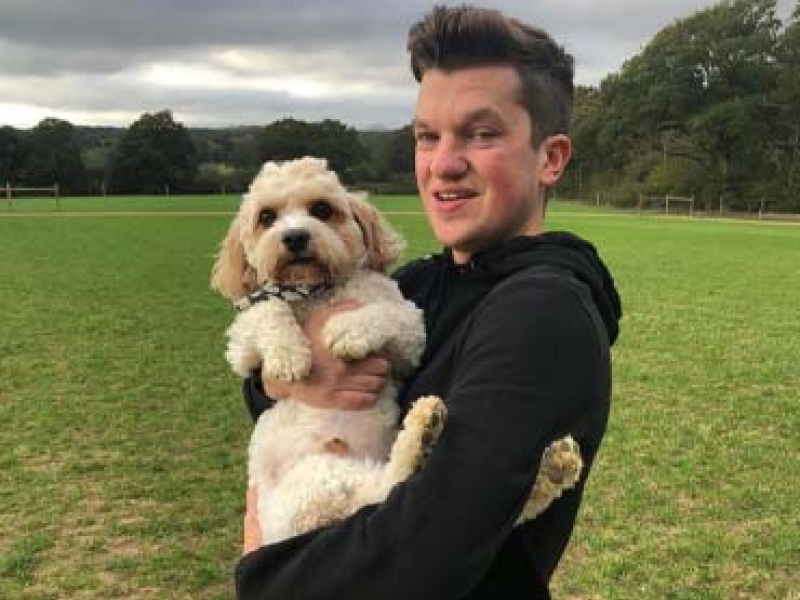
Jamie’s NF1 story
Jamie was inspired by reading NTUK stories and is now using his own experiences to help raise awareness of Neurofibromatosis
Read More
CAR Relationships study
CAR survey: support materials for adults with appearance-affecting conditions, focussed on intimacy & romantic relationships
Read More
Glasgow Comedy Night
Last night was the turn of Glasgow's The Stand Comedy Club to host the NTUK Comedy Circuit 2022
Read More
Newcastle Comedy Night
The Stand Comedy Club in Newcastle held a great night of fun and laughter
Read More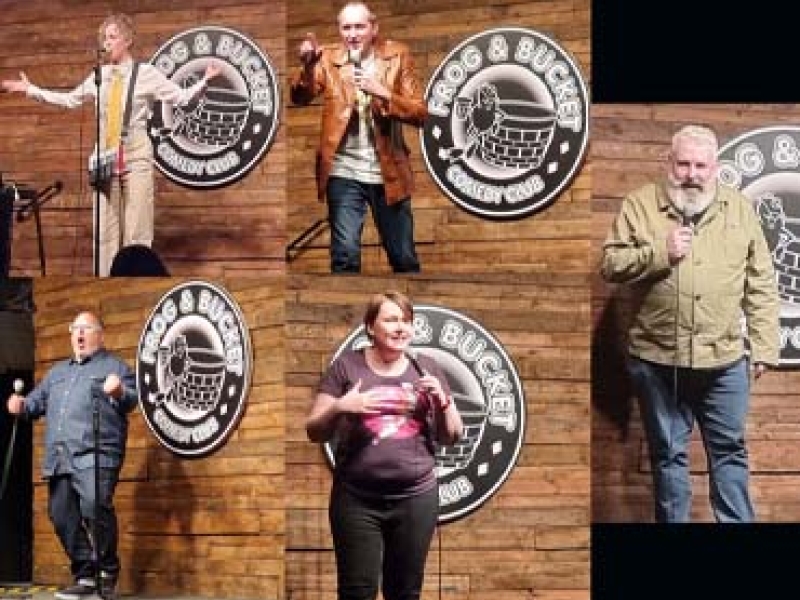
Manchester Comedy Night
Manchester's Frog & Bucket Comedy Club hosted the 2nd date on the NTUK 2022 comedy circuit
Read More
